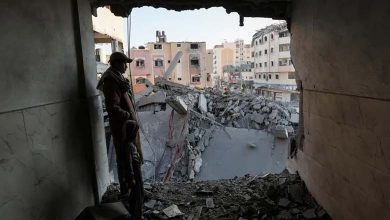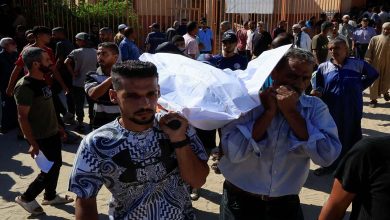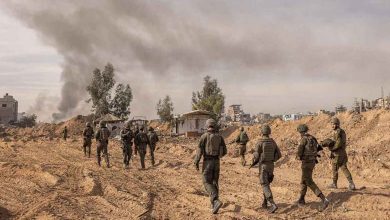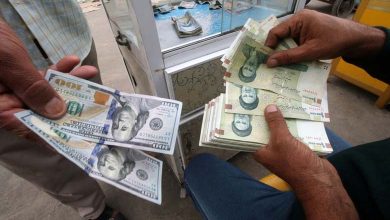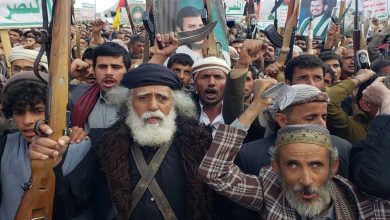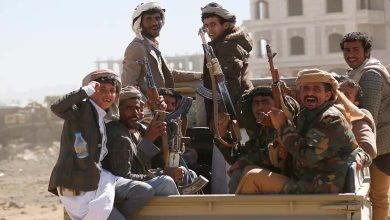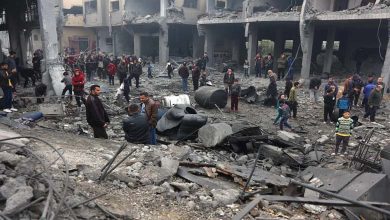Yemeni Politicians: Houthis escaping from the Saudi Peace Plan

Government sources informed Asharq Al-Awsat that Houthis are escaping when speaking about the new Saudi peace plan for Yemen, indicating that the militia is working over Iranian instructions on seeking to divide the initiative on pieces.
Yemeni government sources said: They (Houthis) are looking to separate the initiative’s humanitarian and economic parts from the military and political ones, remarking that the Iran-aligned group’s intentions made the UN and US envoys to the war-ravaged country dissatisfied.
For now, analysts and observers still doubter about the present political scene in Yemen yielding any positive engagement with international efforts trying to reach a settlement to the country’s continuing crisis.
Houthis demands
Houthis required positioning unchecked direct flights to Iran, Syria and Lebanon, stopping Arab coalition airstrikes, and easing restrictions on circulation to and from the seaport as conditions to agree a truce.
While, the government refused the Houthi demands as it still seriously worried about that the militia could transmit fighters and weapons on direct flights and via seaports.
Saudi Arabia’s Minister of Foreign Affairs Prince Faisal bin Farhan declared on March 22 a new peace initiative for attaining a large political solution for the fight-weary country.
Indeed, the initiative comprises a comprehensive ceasefire around the country under the direction of the UN and putting taxes and convention revenues for vessels transporting oil derivatives to the port of Hodeidah in the common account of the Central Bank of Yemen in Hodeidah, in agreement with the Stockholm Agreement on Hodeidah.
Besides, the Saudi plan accepted reviving the Sanaa International Airport to a number of direct regional and international destinations and supported the relaunching of consultations between the Yemeni sides to attain a political resolution to the Yemeni crisis under the patronages of the UN based on the references of UN Security Council Resolution 2216, the Gulf initiative and its execution mechanism, and the results of the Yemeni national dialogue.
Yemeni government accused Houthis
However, the Yemeni government blamed Houthis of not being serious about reaching a peace deal, noting that the militia’s continued military actions around the country, mostly in the oil-rich governorate of Marib.
Moreover, the advisor to Yemen’s president, Abdulmalik Al-Mekhlafi, accused, last Thursday, Iran of assembling its axis of religious devastation to support Houthis in taking Marib and blocking the Saudi peace initiative.
He wrote on Twitter: At a time when the world awaits the UN and US efforts to cease hostilities and bring peace to Yemen, the Iranian sectarian axis of destruction is being mobilized behind the Houthis to occupy Marib.
He also said: The small Marib city, which has become the shelter of two million IDPs who fled Houthi carnage, is resisting with the determination of the Yemeni people and a history dating back to thousands of years, adding: Iran has instructed the Houthis to obstruct the Saudi peace initiative like it instructed them not to sign what had been agreed upon at the peace negotiations in Kuwait years ago.



